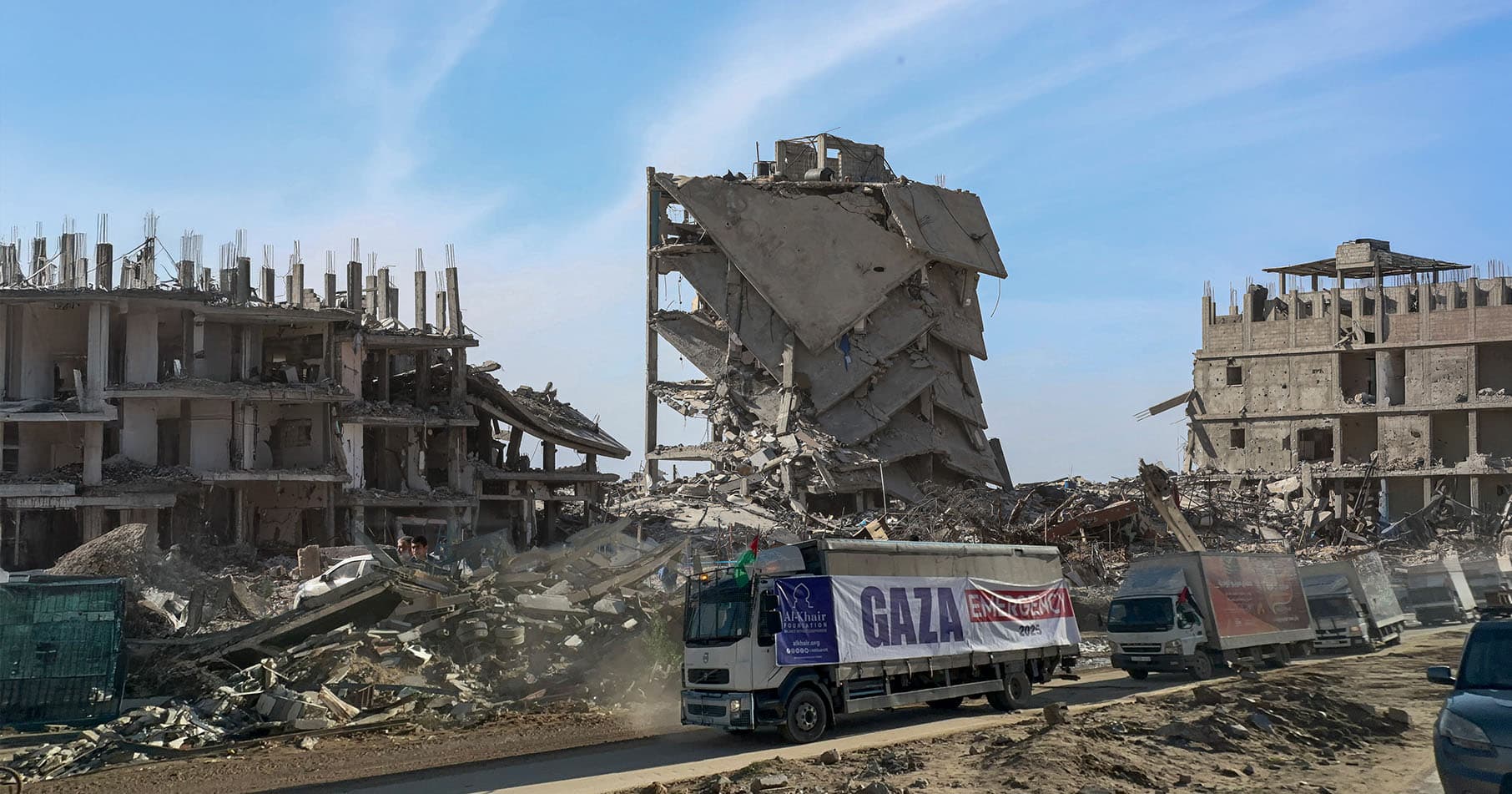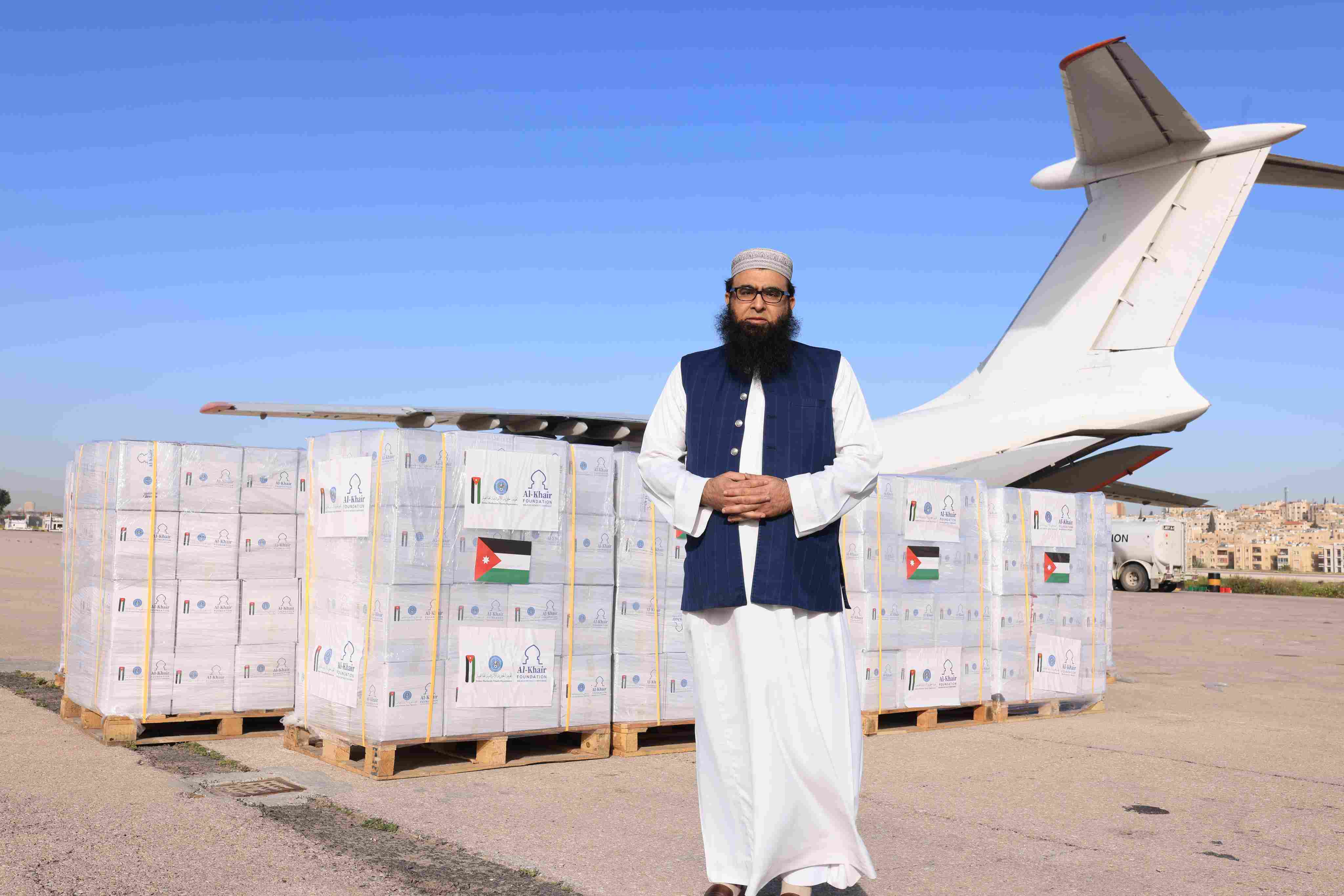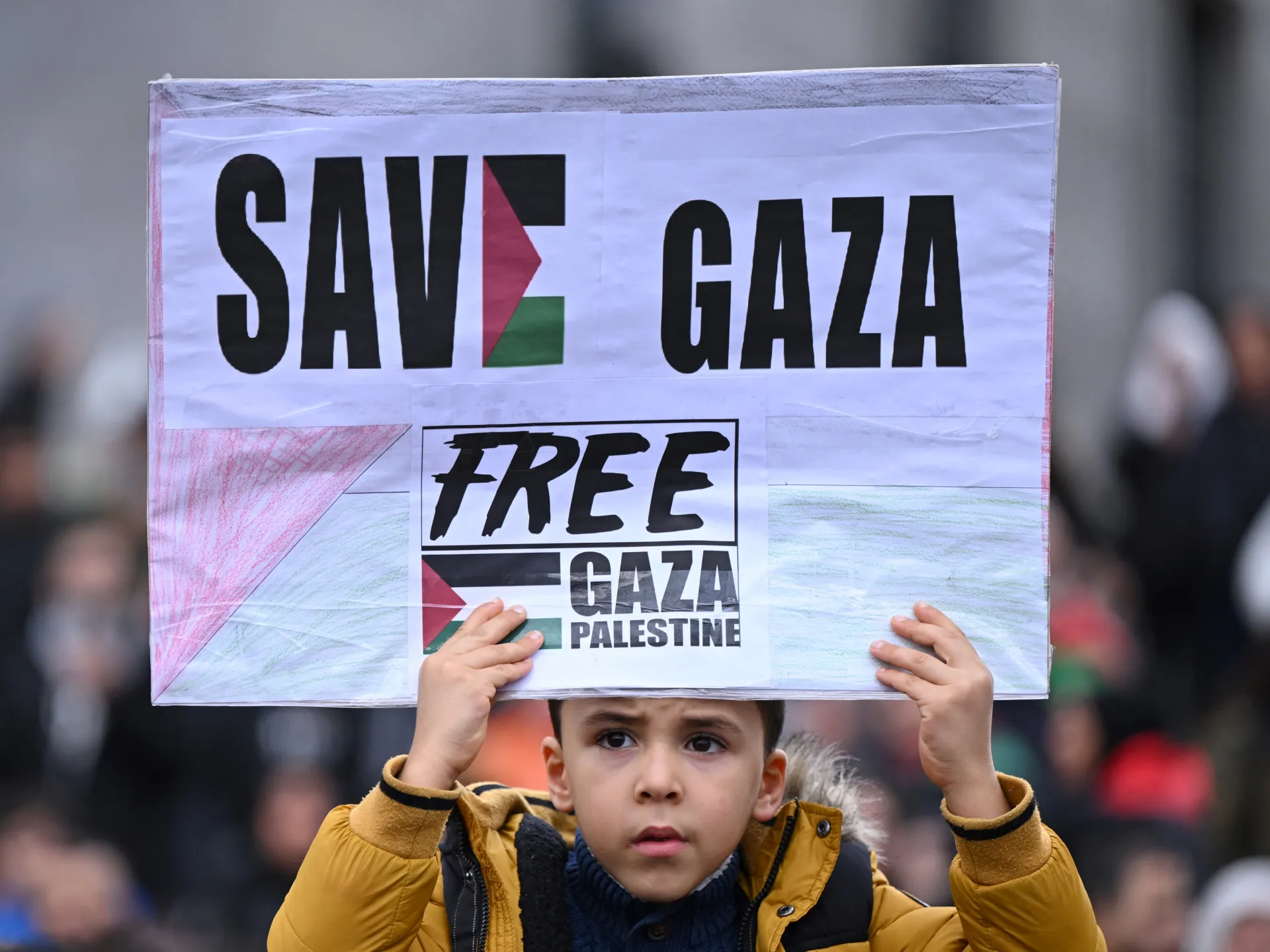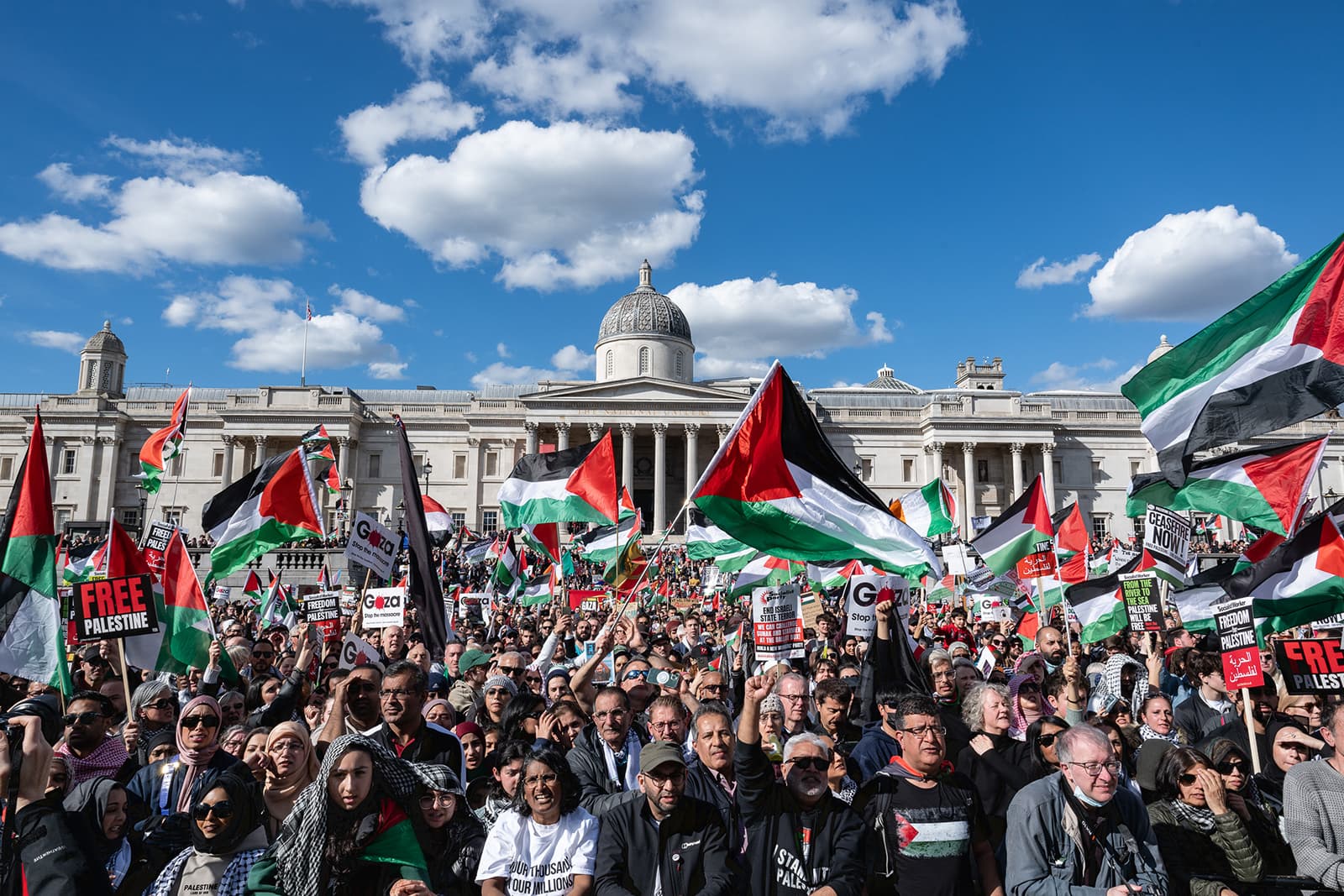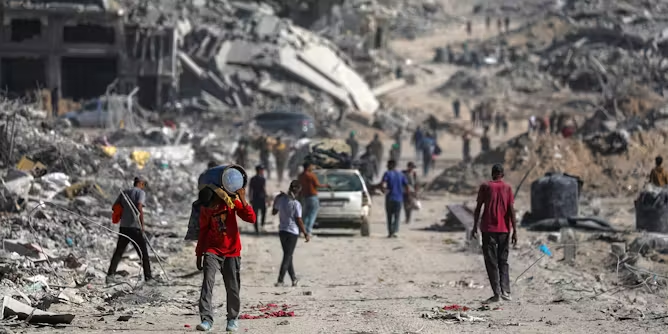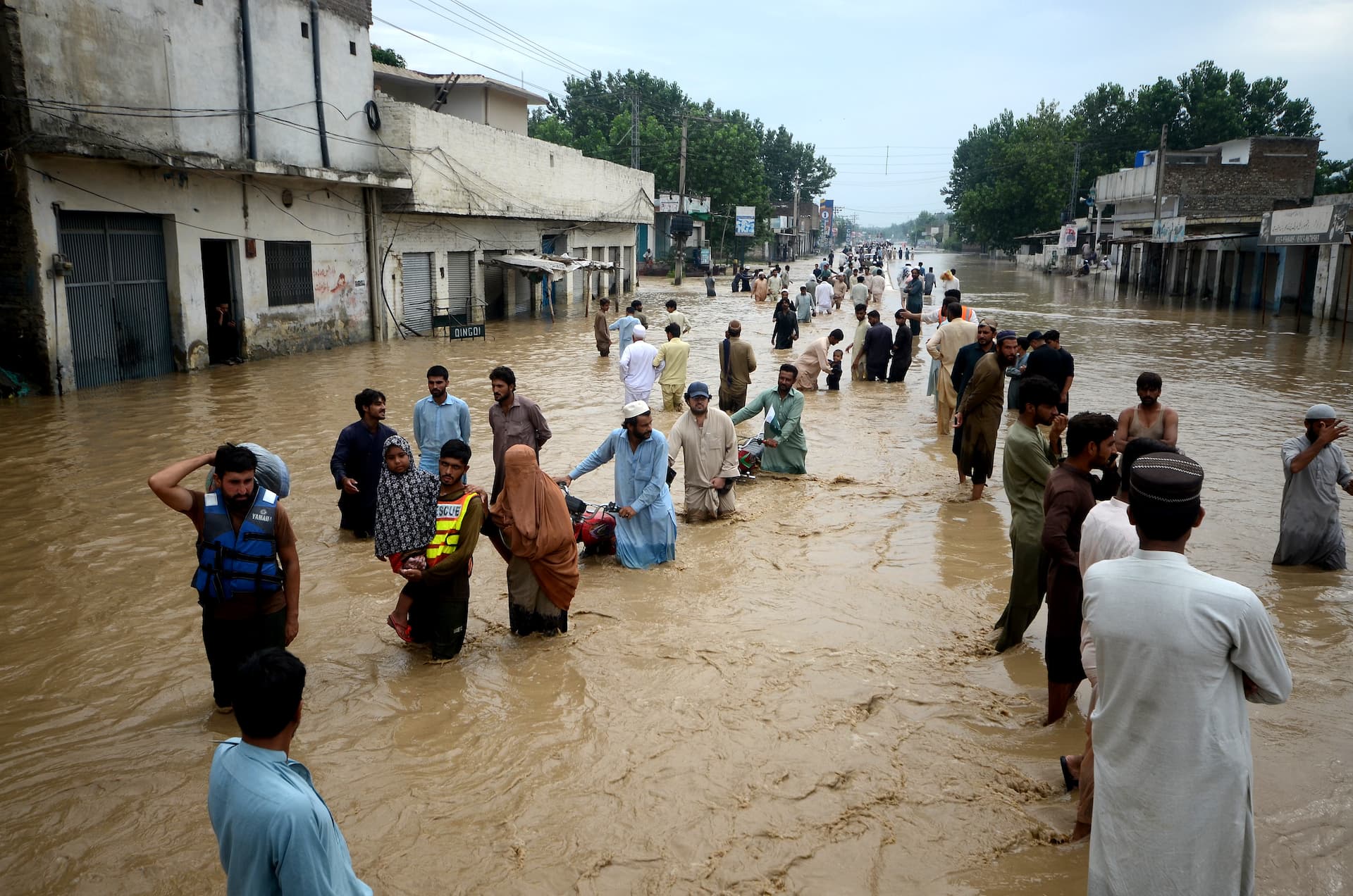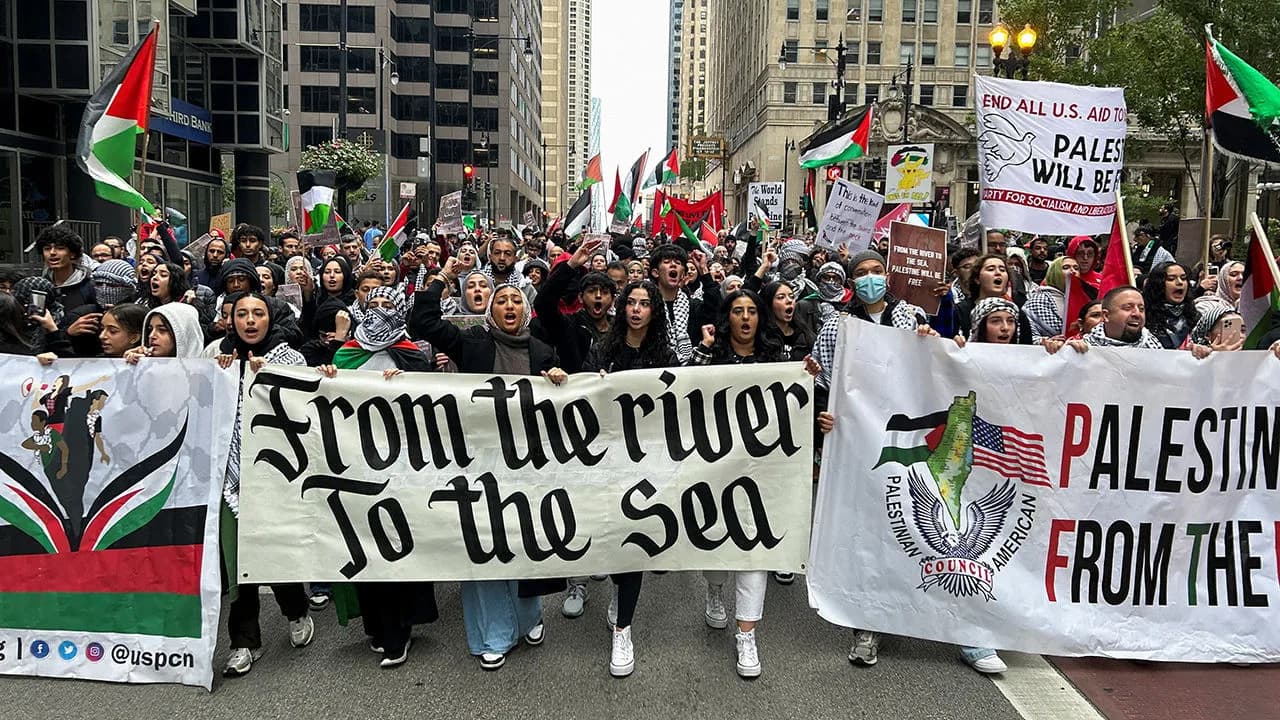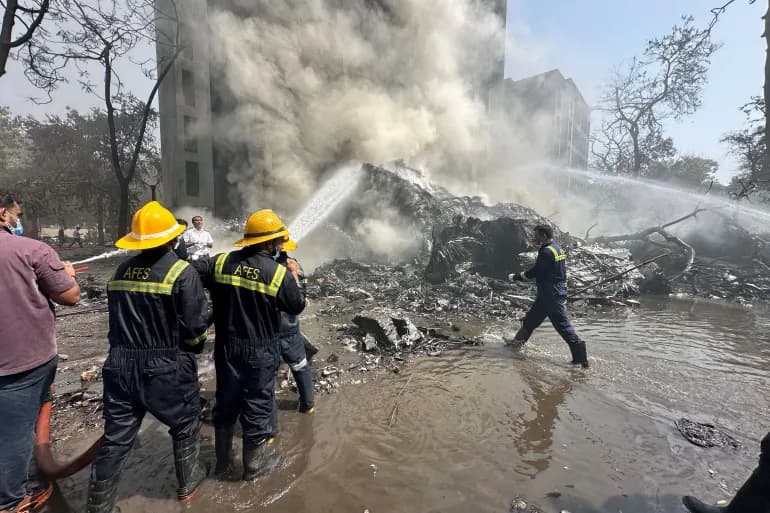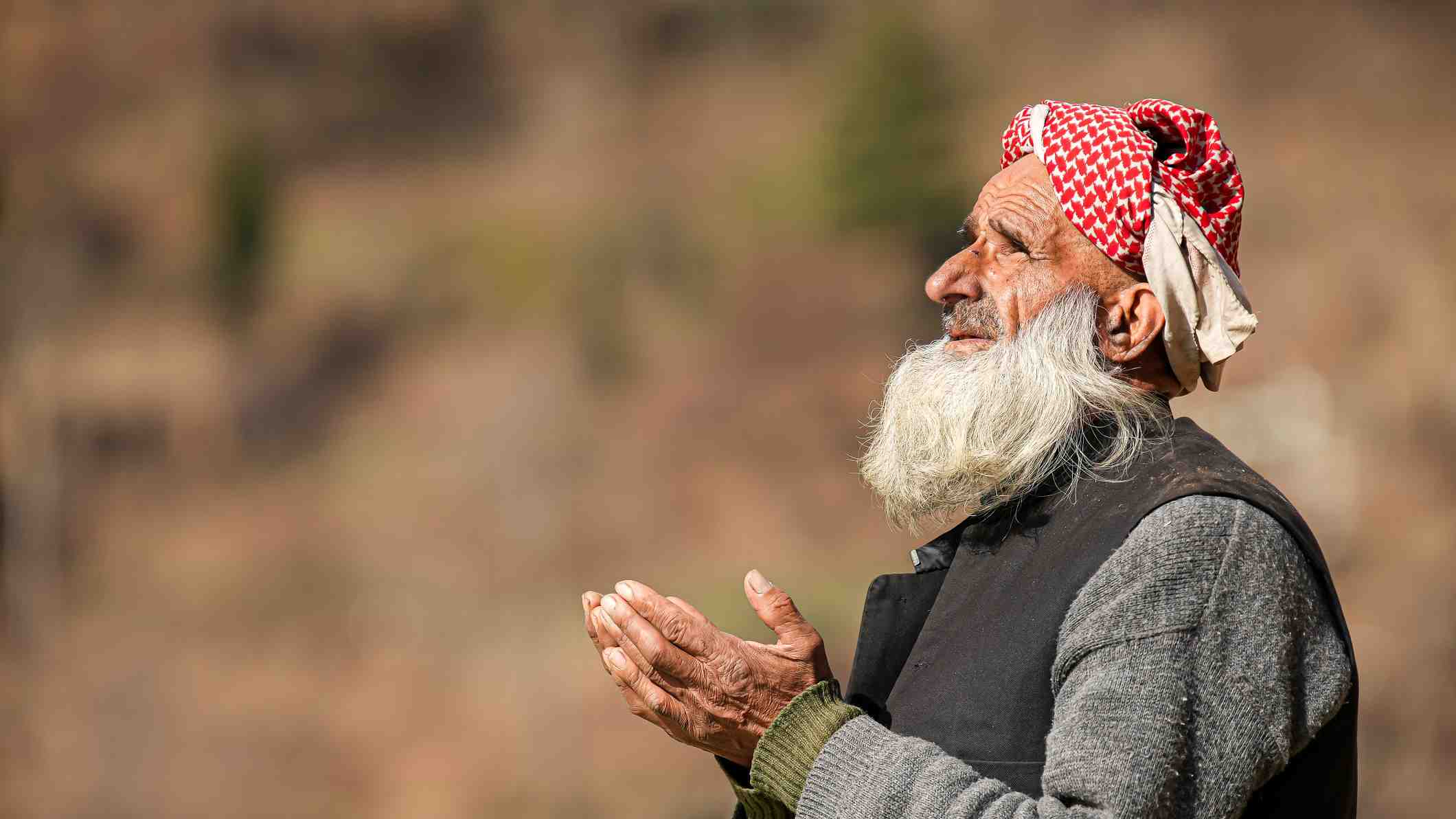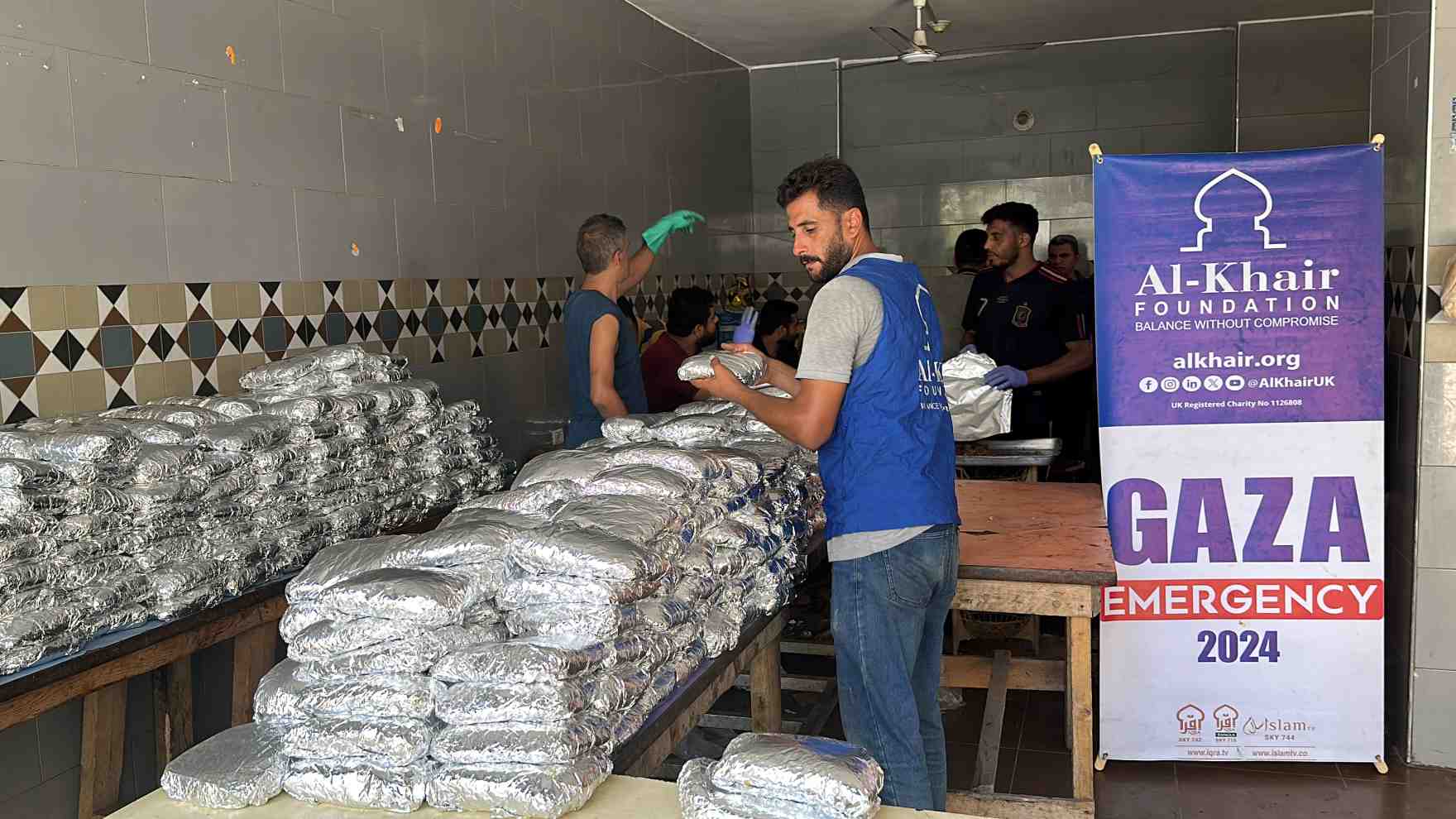Understanding Fidya
Fidya is a form of compensation given by individuals who are unable to fast during Ramadan due to valid reasons such as chronic illness, old age, or permanent conditions that prevent them from fasting. Instead of fasting, they pay fidya, which involves feeding a poor person for each missed fast. This allows them to fulfill their religious duty indirectly.
Who is Obligated to Pay Fidya?
Fidya is required for individuals who are permanently unable to fast during Ramadan due to chronic illness, old age, or conditions that prevent them from ever fasting again. In the Hanafi school, fidya is only paid if someone cannot make up missed fasts and has no hope of doing so in the future. Key conditions for paying fidya include:
Chronic illness or permanent disability preventing fasting.
No expectation of regaining the ability to fast.
If someone recovers and can fast later, fidya is considered charity, and they must make up the missed fasts.
Those who miss fasting due to temporary illness, travel, or other recoverable conditions, or who can fast in the future, should not pay fidya but should make up the fasts. In other schools of thought (Shafi'i, Hanbali, and Maliki), fidya may be required in cases where fasting is not possible due to illness or age. Additionally, those who fail to make up fasts before the next Ramadan may be required to pay fidya along with making up the fasts. It's best to consult a local scholar for specific guidance based on the school of thought followed.
So whoever is present this month, let them fast. But whoever is ill or on a journey, then “let them fast” an equal number of days “after Ramaḍân”. Allah intends ease for you, not hardship, so that you may complete the prescribed period and proclaim the greatness of Allah for guiding you, and perhaps you will be grateful.–[2:185]
The Significance of Fidya in Islam
Fidya is not only a religious obligation for those who are unable to fast during Ramadan, but it also offers an opportunity to help those in need. By paying Fidya, Muslims can support those facing hunger in some of the world's poorest regions, where food scarcity is a daily struggle.
Access to food is essential for survival and maintaining good health. Without proper nutrition, children find it difficult to attend school, caregivers are unable to work, and entire communities face the challenge of survival. By donating your Fidya, you can provide much-needed relief to struggling families, especially during the holy month of Ramadan.
Is Fidya Compulsory?
Fasting during Ramadan is one of the five pillars of Islam and is obligatory for all able Muslims. However, those who are unable to fast due to reasons such as illness, old age, pregnancy, or chronic conditions are required to pay Fidya, a form of charity. Fidya is compulsory for those who cannot fast and will not be able to make up the fasts at a later time. It involves providing food for the poor, ensuring that the individual still participates in the spirit of Ramadan.
For those who miss fasts temporarily due to illness or other reasons but expect to regain the ability to fast, Fidya is not required. They are simply expected to make up the missed fasts when possible. In essence, Fidya allows those unable to fast to fulfill their obligations through charity, supporting those in need and maintaining the integrity of Ramadan.
